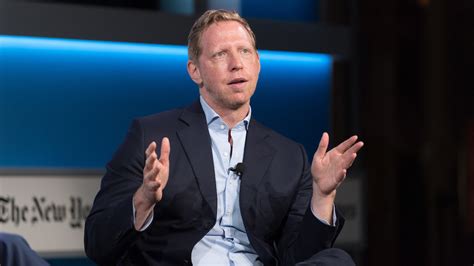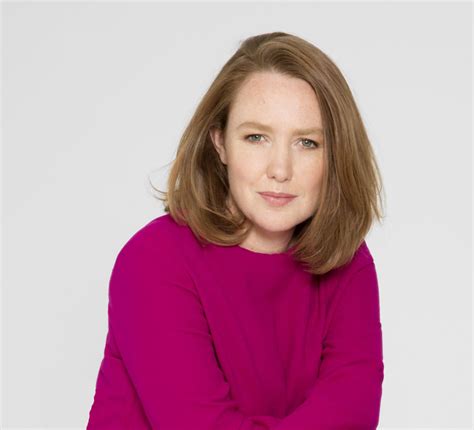A Quote by Karen Armstrong
Some people simply bury their heads in the sand and refuse to think about the sorrow of the world, but this is an unwise course, because, if we are entirely unprepared, the tragedy of life can be devastating.
Related Quotes
Most women have learned a great deal about how to set goals for our First Adulthood and how to roll with the punches when we hit a rough passage. But we're less prepared for our Second Adulthood as we approach life after retirement, where there are no fixed entrances or exits, and lots of sand into which it is easy to bury our heads.
God does not cause our misfortunes. Some are caused by bad luck, some are caused by bad people, and some are simply an inevitable consequence of our being human and being mortal. living in a world of inflexible natural laws. The painful things that happen to us are not punishments for our misbehavior, nor are they in any way part of some grand design on God's part. Because the tragedy is not God's will, we need not feel hurt or betrayed by God when tragedy strikes. We can turn to Him for help in overcoming it, precisely because we can tell ourselves that God is as outraged by it as we are.
It’s so dangerous to idealize anything, or anyone, or any place, because it gives that thing or person or place a kind of permission to not have to change, and not have to evolve. It encourages us to bury our heads in the sand, or in values that are really morally neutral but that we pretend are moral goods: tradition, community and family for example.
If you can reincarnate, what do you wanna be in your next life? I think I want to become a rock. A stone has no troubles and lives a simple life. The worst that could happen would be being stepped on, but that won't hurt. Am I right? What about you? What are you thinking? I've already thought it over for you. You'll become the wind. Because the wind is one of the world's cleanest things. Moreover, the wind can blow upon the rock, moving it. As it blows, the rock will eventually turn into sand. This way, the sand and wind can be together. Sand and wind are meant to be together.
What is tragic today is that there is a number of Muslims who think that all the solutions are to be found simply by external actions. They don't have to do anything within themselves. This is a deeply Western idea - modern, Western idea, where you try to improve the world without improving yourself. And this is what the Muslims who talk about others putting their heads in the sand and that "We are doing jihad and we are political" and so forth, they are emulating a very important mistake of modernism.
I'm not entirely sure why I write about family, but I do know that it hasn't stopped interesting me. You meet and leave other people at different stages of your evolution, whereas family is made up of people who are constant links in your life, who know you over the course of time and have your complete curriculum vitae in their heads.
I reject criticism because the last thing I wanted was to sit there and look at people talking. I think people are conditioned to think of documentaries now as talking heads. This movie about Valentino is not about that at all. It's about watching people in action. To the critics who wanted more talking heads, I send a dozen dead roses.
I actually don't have any fear of people reading Wild and going out unprepared. Because one of the best things that ever happened to me was that I went out unprepared. And when you really think about it, all I did wrong was that I took too much stuff, which is the most common backpacker mistake. The part that I wasn't prepared for is the part you can't prepare for.
We all have one other world we live in: our public world. Some people call it our public persona. This is the world where someone who doesn't know you privately, personally, or professionally hears your name and has some opinion about you one way or another. So the question becomes: where is integrity rooted? Some people think it's rooted in their public life. They spend all of their time trying to spin their public image. It's not rooted there, however. It's simply revealed there. People who lack integrity will have it revealed publicly.






































